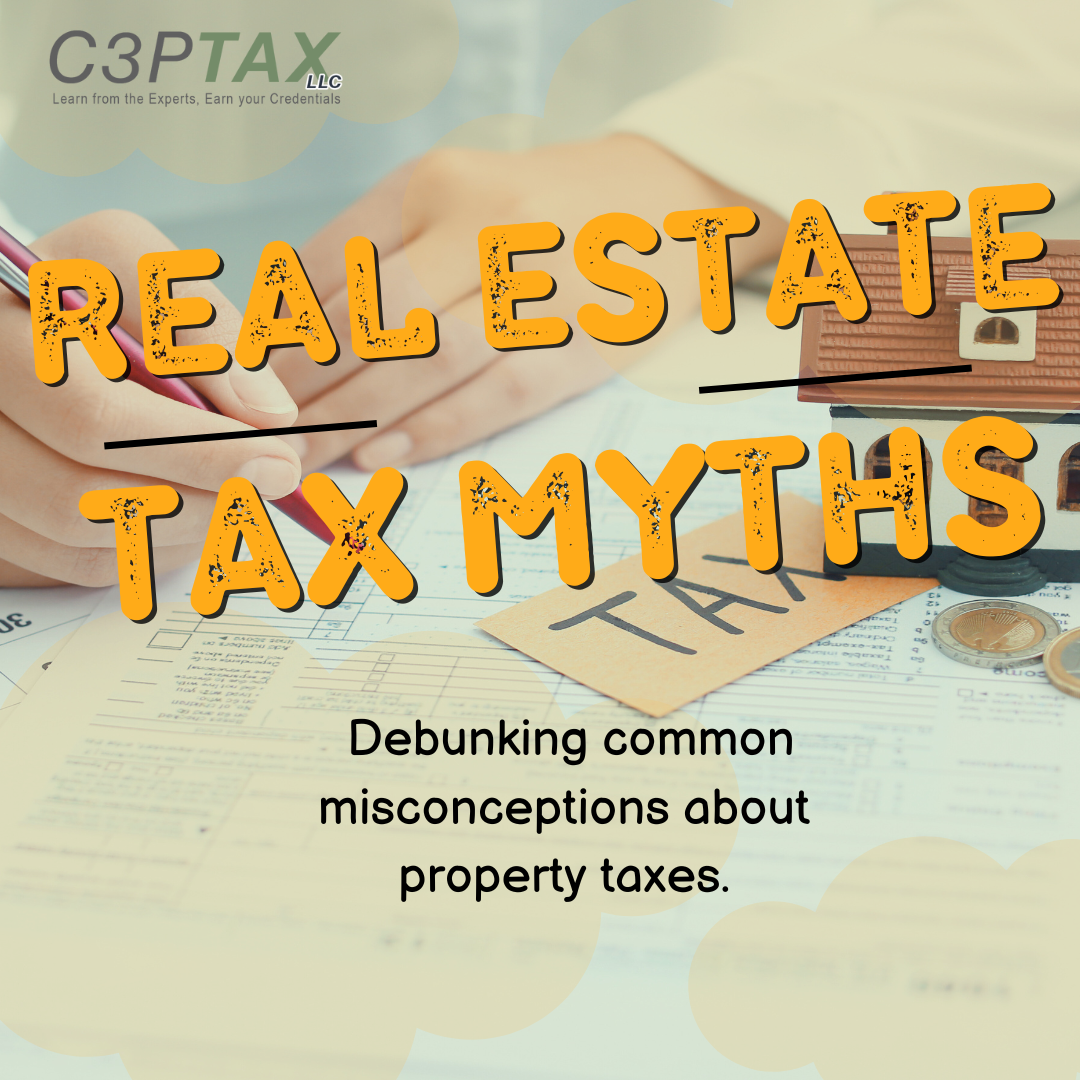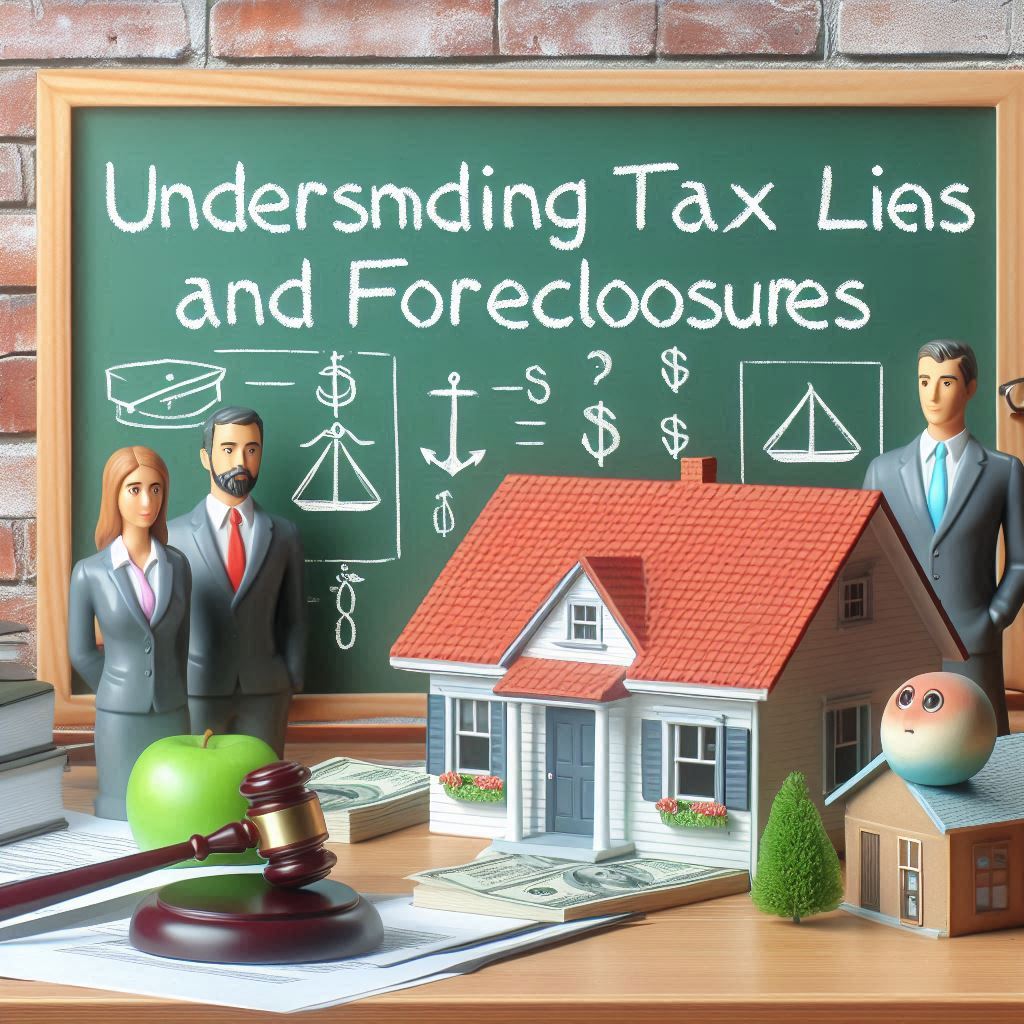

Understanding Property Tax Assessments
Property tax assessments are evaluations conducted by local government authorities to determine the value of a property for the purpose of taxation. These assessments are crucial as they directly influence the amount of property tax a homeowner is required to pay. Understanding how these values are determined and their impact on your finances can help you navigate and, if necessary, contest an assessment that seems unfair.
The process begins with the local assessor, who evaluates various factors to establish the property’s market value. These factors can include the property’s size, location, condition, and recent sales of similar properties within the area. The goal is to estimate a value that reflects what the property would sell for under normal market conditions.
Once the market value is determined, it is then multiplied by an assessment ratio, which varies by jurisdiction, to arrive at the assessed value. For instance, if a property’s market value is $300,000 and the assessment ratio is 80%, the assessed value would be $240,000. This assessed value is then used to calculate the property tax owed by applying the local tax rate.
The frequency of property tax assessments varies by location. Some jurisdictions may perform assessments annually, while others might do so every few years. It is important for homeowners to be aware of their assessment schedule and to review their property assessment notice carefully when it arrives.
There are several reasons why an assessment might be considered unfair. Common issues include errors in the property’s listed characteristics, an incorrect assessment ratio, or discrepancies in comparable property values. Additionally, significant changes in the real estate market or property-specific factors like structural damage can also lead to perceived inaccuracies.
Understanding these fundamentals helps homeowners to identify potential errors in their property tax assessments and equips them with the knowledge needed to contest an unfair valuation effectively.
Reasons to Contest a Property Tax Assessment
Understanding the reasons why a property owner might choose to contest a property tax assessment is crucial. One common reason is the presence of errors in the property description. Inaccuracies in the recorded details of a property, such as square footage, number of rooms, or the presence of certain amenities, can lead to an inflated assessment. For instance, if the property is listed as having four bedrooms when it only has three, this discrepancy can unjustly elevate the assessed value, leading to higher taxes.
Another significant reason to contest an assessment is the use of comparables that are not genuinely comparable. Assessors often determine a property’s value by comparing it to similar properties in the area. However, if the selected comparables have features or improvements that your property lacks, such as a renovated kitchen or additional living space, the assessment may be unfairly high. For example, if your home is compared to a recently remodeled house, the assessed value might not accurately reflect your property’s true market value.
Recent declines in property value also warrant contesting an assessment. Market conditions fluctuate, and if your property has recently depreciated in value due to economic factors or environmental conditions, the assessment should reflect this change. A real-life example would be a neighborhood experiencing a downturn in real estate prices due to a nearby industrial development, leading to lower property values that are not yet reflected in the tax assessment.
Lastly, inconsistencies with neighboring properties’ assessments can be a strong basis for an appeal. If similar properties in your vicinity are assessed at lower values, it indicates a possible discrepancy in the assessment process. For instance, if your home is assessed at a higher value than a neighbor’s identical house, this inconsistency should be addressed.
By understanding these reasons, property owners can better identify potential errors or unfair practices in their property tax assessments, providing a foundation for a successful appeal.
Gathering Evidence for Your Appeal
When preparing to appeal a property tax assessment, gathering comprehensive and accurate evidence is crucial to substantiate your claim. The first step in this process is obtaining a copy of your property record from the local assessor’s office. This document provides detailed information about your property, including size, features, and assessed value. Carefully review this record to identify any inaccuracies or discrepancies in the property description that could impact the assessed value. Errors such as incorrect square footage, number of rooms, or property condition should be highlighted and documented as part of your appeal.
Next, compile recent sales data of comparable properties in your area, known as ‘comps.’ These properties should be similar in size, age, condition, and location to your own. This data can be obtained from real estate websites, local real estate agents, or the assessor’s office. Ensure that the sales data is recent, as market conditions can fluctuate, making older data less relevant. Presenting a list of comparable property sales that demonstrate a lower value than your assessed property can be a persuasive element in your appeal.
In some cases, hiring an independent appraiser may be beneficial. A professional appraiser can provide an unbiased, expert evaluation of your property’s market value. This appraisal report can serve as compelling evidence, especially if it significantly differs from the assessor’s valuation. Ensure that the appraiser is licensed and has experience with properties in your area to enhance the credibility of the report.
Once you have gathered all necessary evidence, organize it systematically. Create a clear, concise presentation of your findings, including a summary of property record errors, a comparative analysis of recent sales, and the independent appraisal report. This organized approach will not only make your appeal more coherent but also demonstrate your thoroughness and commitment to a fair assessment.
Understanding the Appeals Process
Appealing a property tax assessment begins with a clear understanding of the procedural steps and requirements. The process typically starts with filing an appeal within a specified deadline, often within 30 to 60 days from the date you receive your assessment notice. Missing this deadline can forfeit your right to contest the valuation for that tax year, so timely action is crucial.
Once you decide to appeal, the first step is to gather the necessary paperwork. This includes the assessment notice, recent property tax bills, any relevant property appraisal reports, and evidence supporting your claim that the assessment is unfair. Documentation may also involve photographs of the property, comparisons with similar properties, and records of any changes or improvements made to the property.
After collecting the required documents, you must complete an appeals form, which can typically be obtained from your local tax assessor’s office or their website. Ensure that the form is filled out accurately and submitted along with the supporting evidence. Some jurisdictions may charge a nominal fee for filing an appeal, so check with your local authorities about any potential costs involved.
Upon submission of your appeal, the process involves several procedural steps. Initially, your appeal will be reviewed by the tax assessor’s office, which may result in an informal hearing where you can present your case. If the issue remains unresolved, the next step is a formal hearing before an appeals board or tribunal. This hearing will involve presenting your evidence, possibly with the help of a legal representative or a property tax consultant.
The timeline for these steps can vary, but it generally takes several weeks to a few months for a final decision. Throughout the process, maintaining organized records and clear communication with the relevant authorities will enhance the likelihood of a successful appeal. Understanding these steps and adhering to deadlines is key to navigating the property tax assessment appeals process effectively.
Filing Your Appeal
When you believe your property tax assessment is unfair, the next logical step is to file an appeal. The appeal process begins with understanding where and how to submit your appeal. Typically, appeals are submitted to your county’s Board of Appeals or Assessment Review Board. It is crucial to verify the specific office and address in your jurisdiction to ensure your appeal is directed to the appropriate entity.
Once you have identified the correct office, the next step is to gather the necessary forms. Most jurisdictions provide specific appeal forms that must be filled out accurately. These forms often require details such as your property’s identification number, the assessed value, and your estimate of the correct value. Many local governmental websites offer downloadable versions of these forms.
In addition to the appeal form, supporting documentation is critical to substantiate your claim. Essential documents might include recent property appraisals, comparable sales data, and photographs of the property. It’s also advisable to include any records that highlight discrepancies in the assessment, such as errors in property description or square footage. Accurate and comprehensive documentation can significantly bolster your case.
Writing a compelling appeal letter is another vital element. Your letter should be clear, concise, and focused on factual information. Begin by stating your belief that the property tax assessment is unfair, followed by a summary of the evidence supporting your claim. Explain any discrepancies and provide a logical argument for the reassessment of your property value. Avoid emotional language and stick to verifiable facts.
Common mistakes to avoid during the filing process include missing deadlines, incomplete forms, and insufficient evidence. Ensure all paperwork is thoroughly completed and submitted before the filing deadline. Double-check that you have included all necessary documents and that they are organized logically to support your argument effectively.
By meticulously following these steps and preparing a well-documented appeal, you stand a better chance of contesting an unfair property tax assessment successfully.
Preparing for the Hearing
Effective preparation for the property tax appeal hearing is crucial to ensure a successful outcome. To begin, it is essential to organize all the evidence you have gathered in support of your appeal. This evidence may include comparable property assessments, recent sales data, and any other documentation that demonstrates an overvaluation of your property. Having your evidence meticulously organized will facilitate a smooth presentation during the hearing.
Practicing your presentation is another vital step. Rehearse how you will present your case, focusing on being clear and concise. It’s helpful to prepare a brief outline of your main points and supporting evidence to ensure that you stay on track during the hearing. Additionally, consider practicing in front of a friend or family member who can provide constructive feedback on your delivery and the clarity of your arguments.
Anticipating potential questions from the review board is also important. Think about the weaknesses in your case and be prepared to address them confidently and professionally. This will not only demonstrate your thorough understanding of the appeal but also your readiness to engage in a constructive dialogue with the review board.
Staying calm and focused during the hearing cannot be overstated. Nervousness and anxiety can detract from the effectiveness of your presentation. Take deep breaths, maintain a composed demeanor, and remember that you are there to present facts and evidence. It may be beneficial to practice stress-relief techniques beforehand, such as deep breathing exercises or visualization, to help manage any pre-hearing anxiety.
Lastly, clarity and conciseness are paramount. Avoid overloading the review board with excessive details or irrelevant information. Instead, focus on presenting your main points clearly and backing them up with solid evidence. A well-structured, concise argument is more likely to be persuasive and easier for the review board to follow.
Attending the Hearing
Attending a property tax assessment hearing can be an intimidating experience, but understanding the process and knowing what to expect can alleviate much of the stress. The hearing typically takes place in a formal setting, such as a municipal building or courthouse, where you will present your case before a board of assessment appeals. This board usually consists of local government officials or appointed members who have the authority to review and decide on property tax disputes.
Upon arrival, you will likely check in and wait for your turn to present. It’s essential to be punctual and well-prepared, as this demonstrates your seriousness about contesting your property taxes. When your case is called, you will be invited to present your evidence and arguments. Key players in the hearing will include the board members, a representative from the tax assessor’s office, and possibly other opposing parties. Each party will have an opportunity to present their side, and you may be asked questions to clarify your position.
The flow of the hearing generally follows a structured format. First, the board chair will outline the procedures and rules. Next, you will present your case, including all relevant documentation and evidence, such as property appraisals, photographs, and comparable property assessments. Effective communication is crucial; speak clearly, stay focused on the facts, and avoid emotional arguments. It’s also helpful to anticipate potential objections and prepare responses in advance.
Handling objections can be challenging, but remaining composed and respectful is key. Listen carefully to the opposing arguments, acknowledge valid points, and counter with factual evidence. Demonstrating a thorough understanding of your property’s value and the reasons for your appeal can significantly strengthen your case. In some instances, the board may ask follow-up questions or request additional information, so be prepared to provide further clarification if needed.
Ultimately, the goal is to present a compelling, factual case that convinces the board to reassess your property taxes. By being well-prepared and maintaining effective communication, you increase your chances of a favorable outcome in contesting unfair property taxes.
Post-Hearing Steps and Outcomes
After your property tax assessment appeal hearing, you will receive a formal decision from the appeals board. This decision will be communicated to you through a written notice detailing the board’s findings and conclusions. It is crucial to thoroughly read and understand this document, as it will outline the rationale behind the decision and specify any adjustments made to your property tax assessment.
If your appeal is successful, the notice will indicate the revised property assessment value, which will result in a corresponding adjustment to your property taxes. This adjustment may be applied to future tax bills, or if you have already paid the higher amount, you may be eligible for a refund. It is advisable to follow up with the tax assessor’s office to confirm the implementation of the new assessment and ensure that your tax records are accurately updated.
In the event that your appeal is denied, the written notice will provide the reasons behind the board’s decision. Understanding these reasons can be important for any further actions you may wish to take. If you believe the decision was unjust, you have the option to escalate the appeal to a higher authority. This might involve filing a further appeal with a state board of equalization or a similar entity, depending on your jurisdiction. Be mindful of the deadlines for filing such appeals, as they are often strict and missing them could forfeit your right to further contest the assessment.
Additionally, if you remain dissatisfied, seeking legal advice might be a prudent step. A property tax attorney can provide expert guidance on the feasibility and potential success of continuing your appeal. They can also represent you in higher-level hearings or court proceedings, ensuring that your case is presented effectively.
Regardless of the outcome, it’s essential to keep all documentation related to your appeal process. This includes the initial assessment notice, all correspondence with the tax assessor’s office, and the decision notice from the appeals board. These documents may be useful for future reference or if you need to contest your property tax assessment again in subsequent years.
 Français
Français 
















